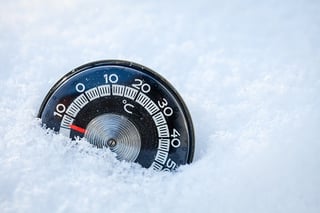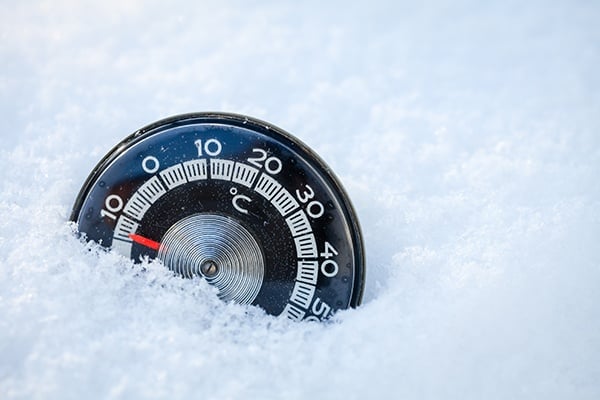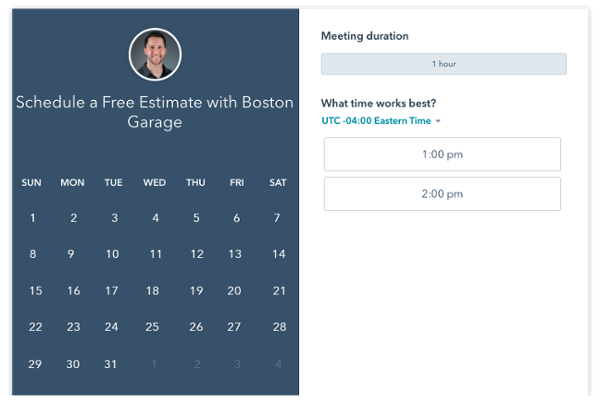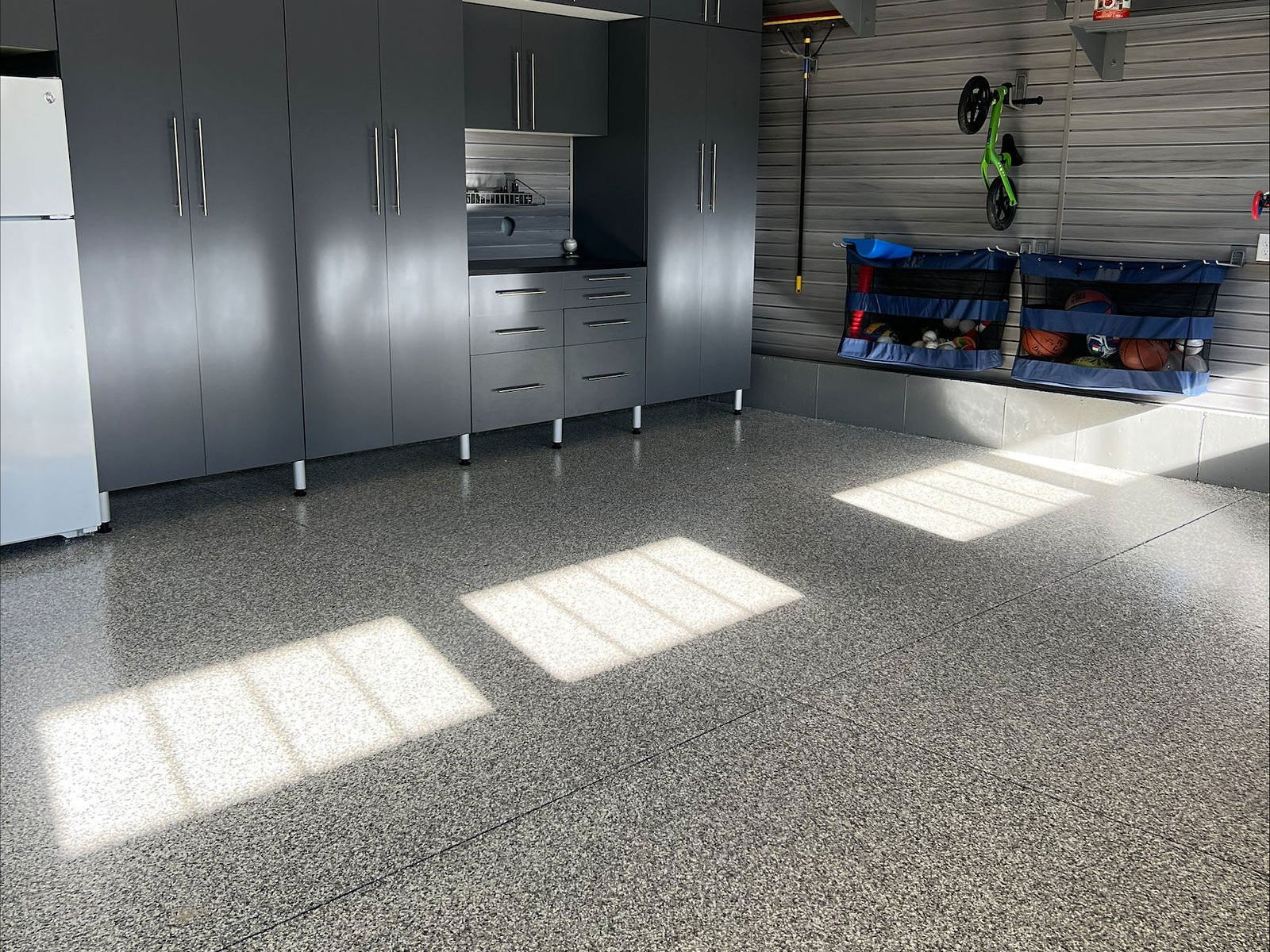Epoxy floor coating is one of the most high-quality, durable custom garage flooring options available to homeowners. However, installing this type of floor coating in cold weather can be a challenge. Below are some tips to help you choose the right epoxy floor coating and install it successfully when the weather is cold.
-
Understand how temperature affects epoxy.
When working with an epoxy coating, the most important temperature to check is the temperature of the garage floor, not the air. This is because the epoxy will take on the temperature of the slab as soon as it comes into contact with it. If the slab is too cold, you may have trouble.
As you plan to install your floor, make sure that you are paying attention to the right temperatures. The floor will typically be a few degrees colder than the air, but you can check the exact temperature with an infrared thermometer.
-
Review the specifications for the epoxy coating you are considering.
In general, you should not try to apply epoxy floor coating if the humidity is greater than 85 percent or if the temperature is less than 5 degrees over the dew point. However, be sure to check the exact humidity, dew point and temperature specifications listed on the epoxy you are considering. Use these specifications to determine whether the type of epoxy in question will be appropriate for installation during the winter. If you aren't sure how to find these specifications, or if you don't understand them completely, consult a professional garage flooring company for clarification.
-
Consider a polyurea or polyaspartic coating.
If you need to apply garage floor coating in conditions that aren't appropriate for epoxy, consider polyurea or polyaspartic coating instead. These floor coatings are alternatives to epoxy. They can be applied in much colder temperatures and the provide better protection as well. Because of these advantages, you can install polyurea or polyaspartic coatings in the winter without as much trouble.
If you would rather not install alternative flooring and the weather isn't appropriate for epoxy installation, it may be best to put off coating the garage floor until temperatures rise again in spring.
Boston Garage offers polyurea/polyaspartic floor coating. We also offer epoxy floor coating. If you are interested in learning more about either of these types of coatings, contact Boston Garage today.


